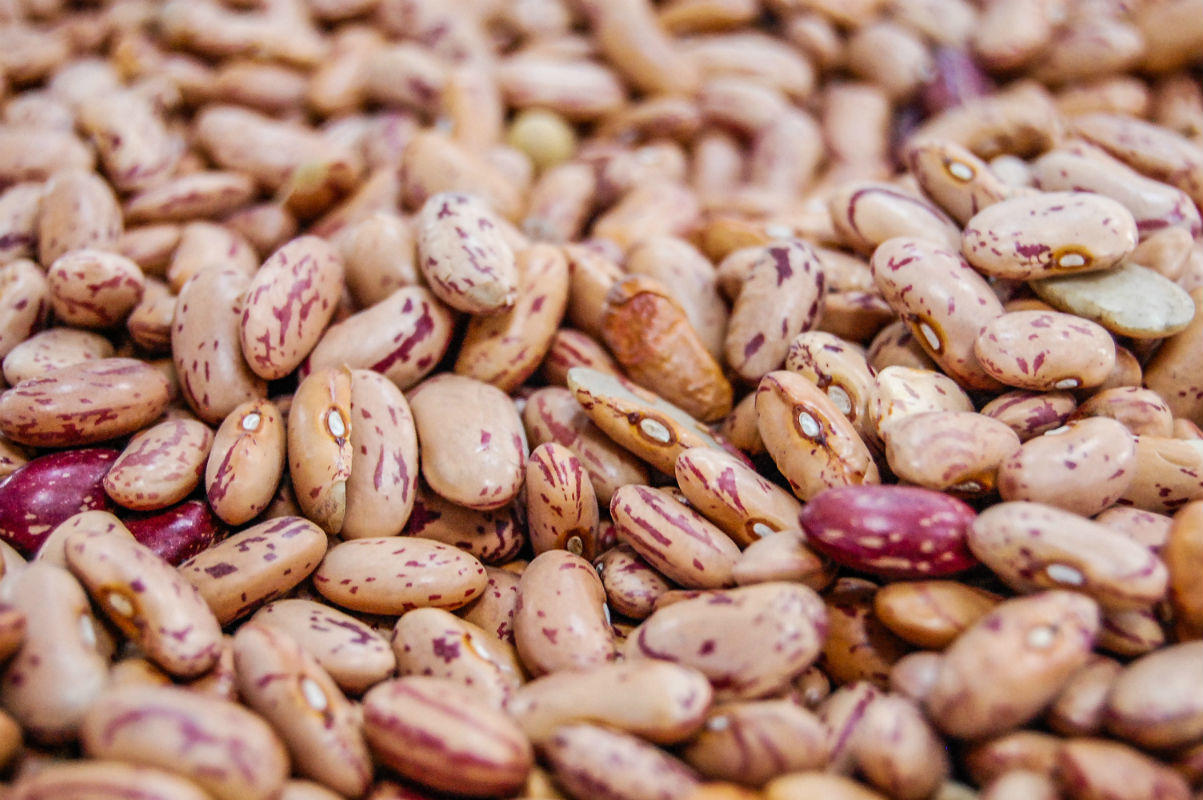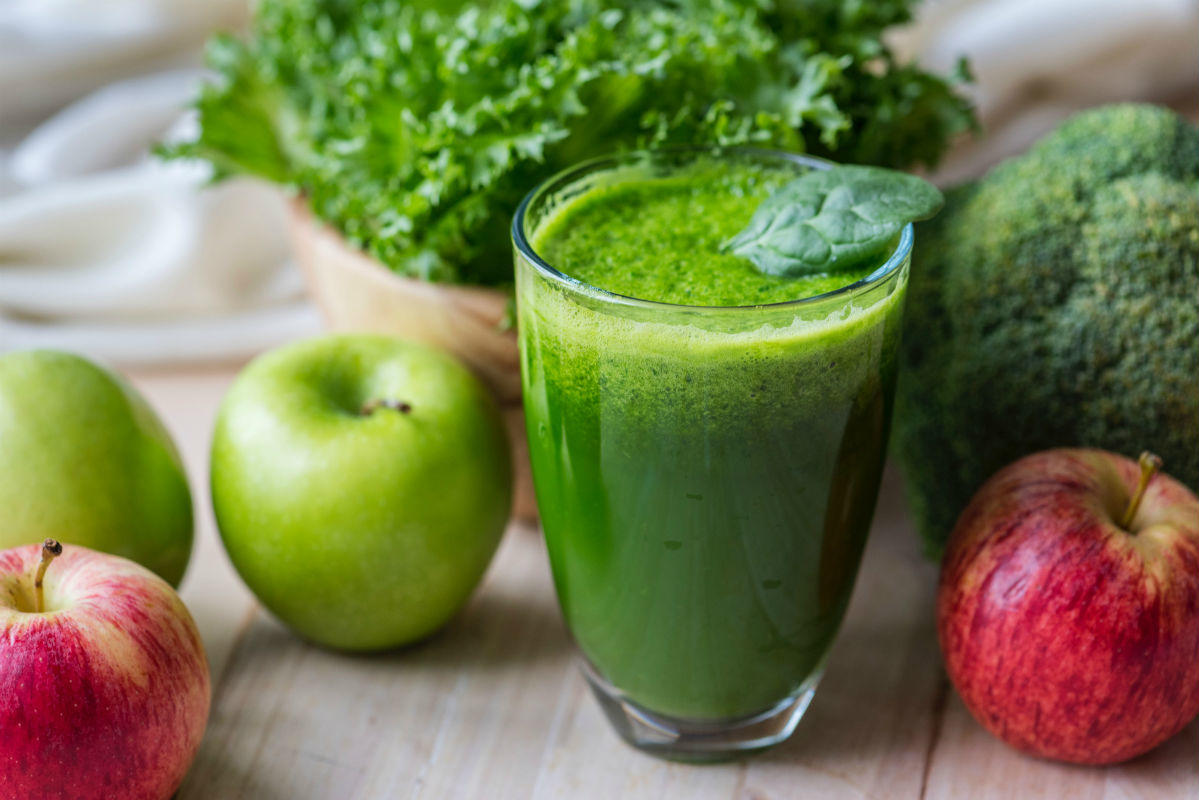Welcome to our exploration of the food pyramid's powerhouse: protein.
Often overshadowed by other dietary components, protein is an essential element of our nutrition that deserves the limelight.
In this article, we will delve into the reasons why consuming amino acids is crucial and explore its significant role in maintaining a well-balanced diet. From its ability to support muscle growth and repair to its contribution in boosting the immune system, the importance of incorporating protein into our meals cannot be overstated.
Join us as we navigate the food pyramid, shedding light on the vital contributions of protein to our overall health and well-being. Prepare yourself to uncover why it is key to include protein-rich foods in your daily diet, as it can greatly optimise your nutrition and enrich your life.

What is Protein and Why Do We Need to Eat it?
Protein is a vital macronutrient that plays a fundamental role in the human body. Its significance cannot be overstated, and understanding its composition is key to grasping why incorporating protein into your diet is essential. Protein consists of lengthy chains of amino acids, which serve as the building blocks for our cells, tissues, and organs. These chains fold and contort into specific shapes, giving each protein molecule its unique structure. This structure is crucial for protein's functionality and dictates how it interacts with other molecules within the body. Confused yet?
If you have some time, Professor Dave sums it up the structure and function of branched chain amino acids plus more in this 10-minute video:
Without an adequate intake of amino acids, our bodies would struggle to maintain optimal health and performance. Insufficient consumption can lead to a range of issues, such as muscle wasting, weakened immune system, and impaired wound healing. This highlights the importance of ensuring that we incorporate enough protein-rich foods into our balanced diets.
Understanding the Food Pyramid
The food pyramid serves as a visual representation of the recommended proportions of various food groups that should be included in a well-balanced diet. Over the years, the traditional food pyramid has undergone updates to align with the latest nutritional research and guidelines. Within this framework, the food pyramid plays a vital role.
Typically positioned in the middle or upper section of the overall food pyramid, the protein food pyramid emphasises the significance of incorporating protein-rich foods into a healthy eating plan. It can be divided into distinct segments, with lean meats, poultry, fish, eggs, and dairy products forming the foundation. Plant-based sources of amino acids such as legumes, nuts, and seeds are positioned in the upper tiers.

The Benefits of Protein
A recent study, which was published in January 2024, has brought to light the remarkable advantages of consuming protein, with a special emphasis on plant-based sources, in promoting longevity and reducing the risk of cardiovascular disease.
By examining data from more than 5 million individuals, researchers discovered a strong correlation between higher protein intake and improved health outcomes and a longer lifespan. While animal products, particularly those derived from fish and poultry, do offer their own benefits, plant products sourced from beans, nuts, and grains exhibit significant protective effects against chronic illnesses.
This study serves as a timely reminder of the vital role a well-balanced diet plays in optimising overall health and well-being by incorporating a diverse range of amino acid sources. ? (The Healthy)?? (MedXpress)?
The advantages of consuming protein are vast and wide-ranging. Some of the key benefits include:
- Building and Maintaining Muscles: It is vital for constructing and repairing muscle tissue, which is crucial for preserving strength, mobility, and overall physical function as we get older.
- Supporting the Immune System: Plays a critical role in ensuring the proper functioning of the immune system, assisting in safeguarding us against illnesses and infections.
- Regulating Hormones: They are necessary for the production and regulation of hormones, which are essential for various bodily processes.
- Managing Weight: Help induce feelings of fullness and satisfaction, aiding in healthy weight management by curbing cravings and overeating.
- Enhancing Bone Health: Required for the absorption and utilization of calcium, which is vital for maintaining strong, healthy bones.
- Providing Energy: Can be converted into glucose, offering a constant source of energy for the body.
By comprehending the advantages of amino acids and incorporating it into a well-balanced diet, we can unlock a realm of improved health, vitality, and overall well-being.

Protein-Rich Foods to Include in Your Diet
The suggested daily intake differs between males and females due to the higher overall calorie requirement for men. On average, women typically need approximately 46 grams per day, while men require around 56 grams.
Naturally, the specific amount one needs depends on their body type and daily physical activity level. Individuals who engage in intense physical exercise or frequent the gym may require a slightly higher daily intake compared to those with a more sedentary lifestyle. However, in general terms, the recommended daily intake should be adequate for most individuals.
There is a wide array of protein-rich foods to choose from. You have a plethora of options, including:
- Lean Meat: Chicken, turkey, lean beef, pork, and lamb
- Fish and Seafood: Salmon, tuna, cod, shrimp, and trout
- Eggs: Whole eggs, egg whites, and egg-based dishes
- Dairy Products: Greek yogurt, cottage cheese, milk, and cheese
- Legumes: Beans, lentils, chickpeas, and soy-based products
- Nuts and Seeds: Almonds, walnuts, chia seeds, and flaxseeds
- Whole Grains: Quinoa, brown rice, oats, and wholemeal bread
- Fruits and Vegetables: Guava, avocado, spinach, green peas
By incorporating a diverse range of these foods into your meals and snacks, you can be confident that you are meeting your daily protein requirements and reaping the full benefits of this essential macronutrient.
How to Incorporate Protein into Your Meals
Incorporating them into our meals can be a straightforward and enjoyable process. Let's explore some handy tips to help us get started:
- Create a Well-Balanced Plate: Let's aim to have a protein-rich food as the main focus of our meal. We can pair it with a variety of vegetables, whole grains, and healthy fats.
- Choose Smart Snacks: It's a good idea to have protein-rich snacks readily available. Options like Greek yogurt, hard-boiled eggs, or a handful of nuts and seeds can be great choices.
- Mix and Match: Let's experiment with different sources of amino acids. We can try combining lean meat with plant-based options such as lentils or tofu for added variety and nutritional benefits.
- Prepare Meals in Advance: Allocating some time each week to prepare meals in advance can make it easier for us to maintain a well-balanced diet consistently.
- Embrace Creativity: Let's explore new recipes and cooking methods to keep our meals interesting and bursting with flavor.
We can effortlessly integrate this important food group into our diet and experience the numerous benefits offered by the protein food pyramid.
Tip: Myplate & USDA are nifty guidelines that can serve as a guideline and to help you create your daily plate incorporating every food group to ensure optimum nutrition.

Common Misconceptions About Protein
Despite the widely recognised significance of protein in maintaining a well-rounded diet, there remains numerous misunderstandings about the safety of eating this essential macronutrient. Let's address some of the most common myths:
- Protein exclusively benefits bodybuilders: While protein is indeed crucial for building and preserving muscle mass, it is a vital nutrient for individuals to eat of all fitness aspirations, regardless of their goals.
- They solely exists in animal products: Although animal-based meat and other proteins are exceptional sources, there is an abundance of plant-based options available, including legumes, nuts, and seeds.
- Consuming excessive protein is harmful: As long as you adhere to the recommended daily intake, eating them is generally safe and beneficial for your overall health.
- Protein supplements are indispensable: While supplements can be advantageous in specific scenarios, maintaining a balanced diet that incorporates a variety of protein-rich foods often suffices to meet your dietary requirements.
- Contributes to weight gain: It is crucial to note that protein itself is not inherently fattening; rather, weight gain or loss is determined by the overall caloric intake and the balance of macronutrients.
By dispelling these misconceptions and embracing a deeper understanding of protein's role in our diets, we can truly appreciate its significance and maximise its benefits for our well-being.
To summarise, the food pyramid plays a crucial role in maintaining a well-balanced diet. By comprehending the significance of amino acids, its impact on our health, and the diverse range of foods rich in protein that are available, we can attain optimal nutrition and overall wellness.
We leave you with this tip: Begin with small, sustainable modifications and witness the transformative advantages of this essential macronutrient on your general health and well-being.
Summarise with AI:















